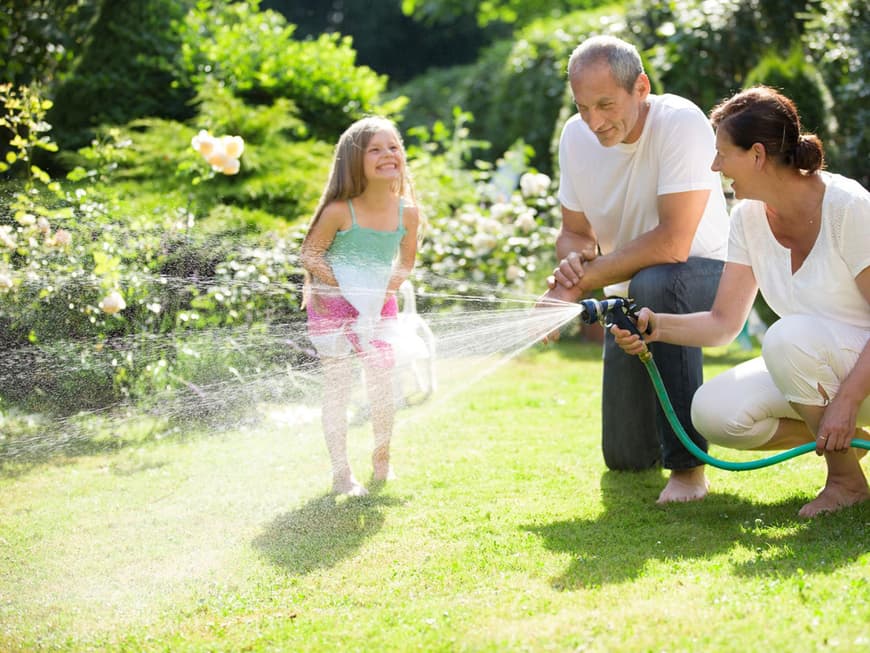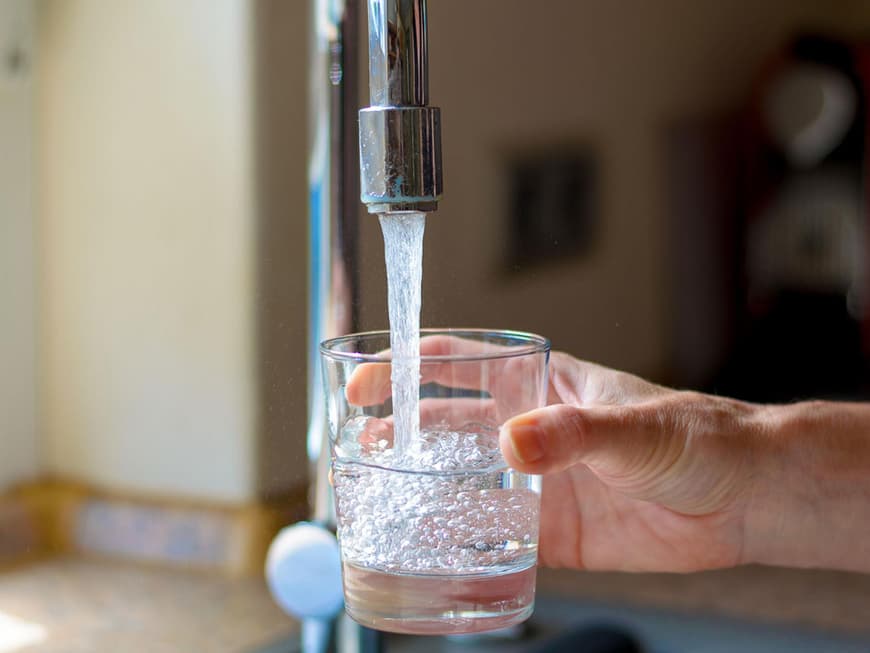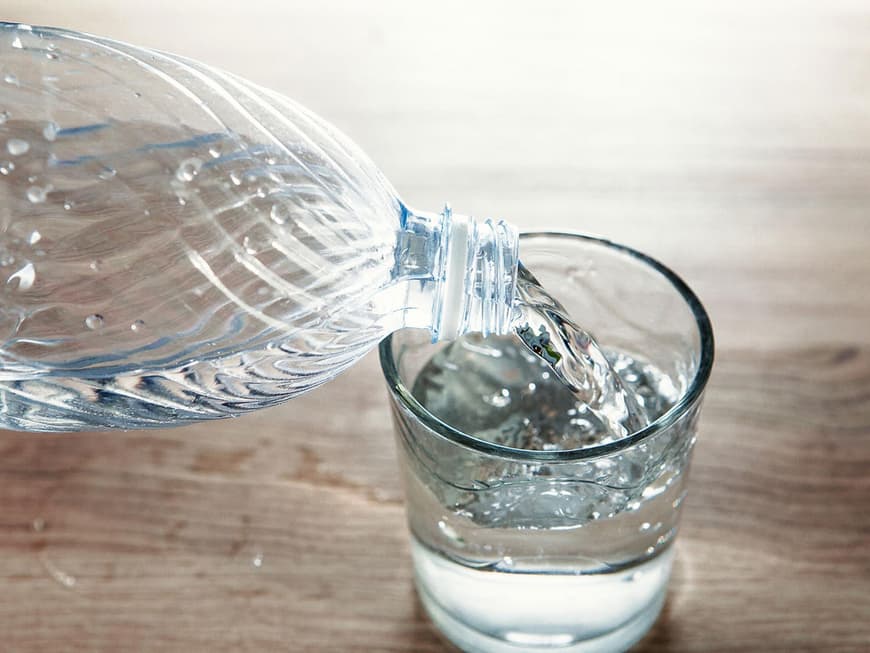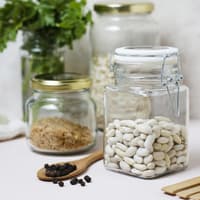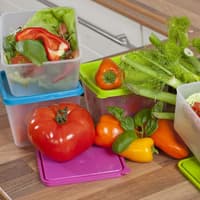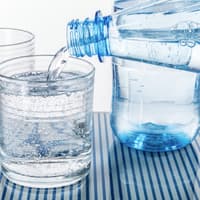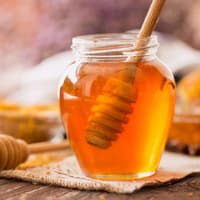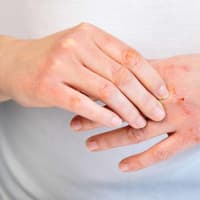Which is better: glass or PET?
Scientists from the University of Frankfurt have discovered in an experiment that water from PET bottles is contaminated with more hormones than water from glass bottles. Experts are debating whether the quantities are hazardous to health. So if you want to be on the safe side, you should prefer glass. It also helps the environment if you consciously buy water in (glass) reusable bottles.
Where does the water come from?
Mineral water comes from an underground spring and has been enriched with minerals on its way through layers of rock. It is bottled directly at the source and is the only foodstuff in Germany to be officially recognized. Healing water comes from springs with a very high mineral content. The quality is strictly controlled. Spring water is obtained in the same way as mineral water and is also a pure natural product, but does not require official recognition. Table water is drinking water that has been enriched with ingredients such as salts, minerals or carbon dioxide. It can be produced and bottled anywhere.
How healthy is tap water?
Very healthy! The local water suppliers filter the groundwater until pollutants such as nitrate or bacteria have been removed. The Federal Environment Agency regularly has samples of tap water tested, and in the last study 99 percent of them were rated as "very good". Additional filter systems in the household are therefore unnecessary. Lead pipes in apartments
have had to be replaced by the landlord since 2014. If contamination is suspected, the waterworks can be commissioned to carry out an analysis. This costs from 20 euros, but is often free of charge for households with pregnant women and small children.
How can I save water in the household?
By showering instead of bathing: A full bath uses around 140 liters of water. If you hop in the shower instead, you only use an average of 15 liters per minute. You can also upgrade your tap and shower head: special aerators and mixing nozzles can be easily screwed on and save up to 50 percent water. Always use the economy flush button on the toilet or install a water stop.
When buying a washing machine or dishwasher, pay attention to the water consumption and only turn it on when fully loaded. Incidentally, a full dishwasher uses less water than thorough washing up by hand. Another tip: use rainwater. Collected in a collection system, it is just as suitable for watering as it is for flushing the toilet.
Don't use the lawn sprinkler in the garden - a normal drip hose waters more economically.

